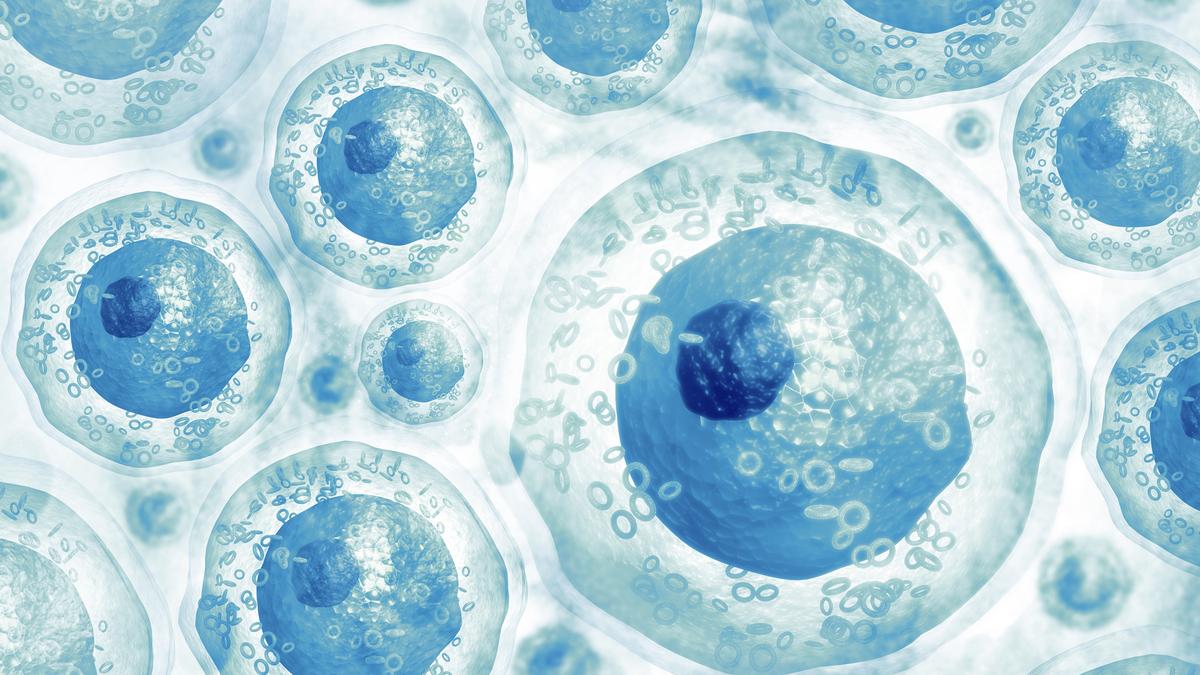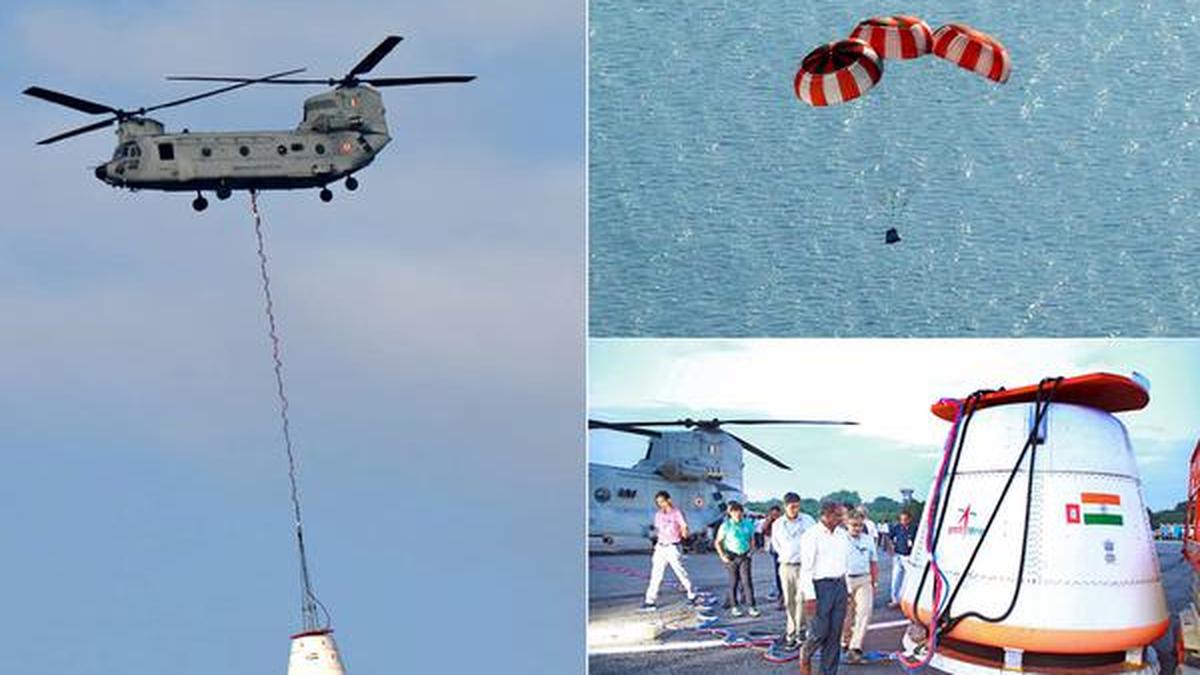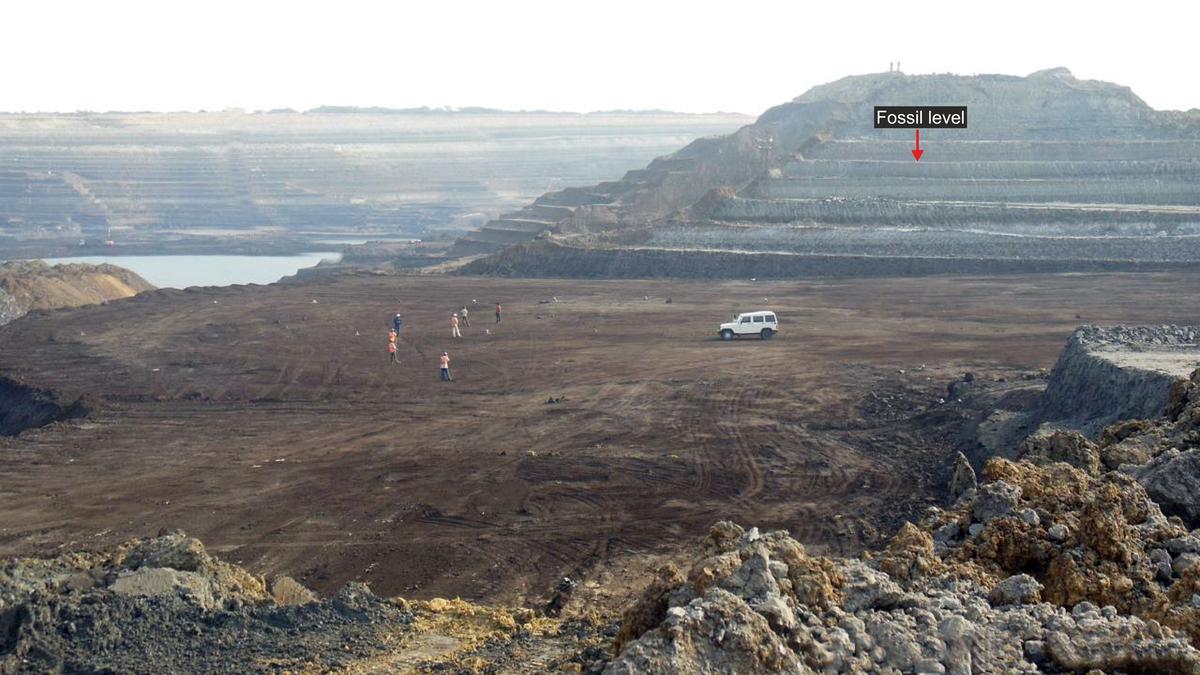SpaceX successfully launches 10th Starship test flight
A SpaceX Super Heavy booster carrying the Starship spacecraft lifts off on its 10th test flight at the company’s launch pad in Starbase, Texas, U.S., on August 26, 2025. | Photo Credit: Reuters SpaceX launched the latest test of its mega rocket Starship on Tuesday (August 26, 2025) night and completed the first-ever deployment of … Read more







